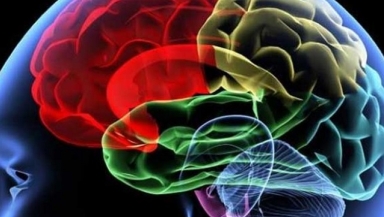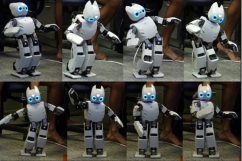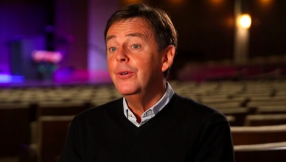
For years, families and friends have experienced pain and sadness from seeing their loved ones remain unconscious or in a vegetative state for an indefinite period of time.
Thankfully, there's new hope for these patients. After struggling for years to find a way to wake people up from a state of unconsciousness, medical researchers seemed to have recently deciphered the road map to conscious awareness.
According to a report on the website of The New Scientist, a team of researchers led by Jin Lee from the Stanford University in California patterned their work from an experiment conducted in 2007, which used deep brain stimulation to wake a man who suffered from brain injury due to a mugging incident from a minimally conscious state.
After doctors stimulated the thalamus—the central hub of the brain that sends out signals—the patient remarkably was able to regain consciousness, and eventually also his ability to communicate and move.
This earlier experiment, however, had limitations. "Deep brain stimulation is done without much knowledge of how it actually alters the circuits in the brain," Lin explained.
To be able to address this, Lin and her team experimented on mice using a tool called optogenetics. This involved stimulating specific groups of cells in the thalamus of mice by inserting light responsive genes into the cells so that they can be activated with light.
Their findings were quite revealing: Stimulating the thalamus with a frequency of 10 hertz made the mice lose consciousness; using 40 to 100 hertz meanwhile woke them up again.
After further analysis using magnetic resonance imaging, the researchers were able to conclude that this response all came from a node in the brain that can now be considered the "on/off switch" for consciousness: the zona incerta, which connects the cortex and the thalamus.
"It's pretty incredible, this one node has this active switching capability in how it turns on and off awareness," she said.
















